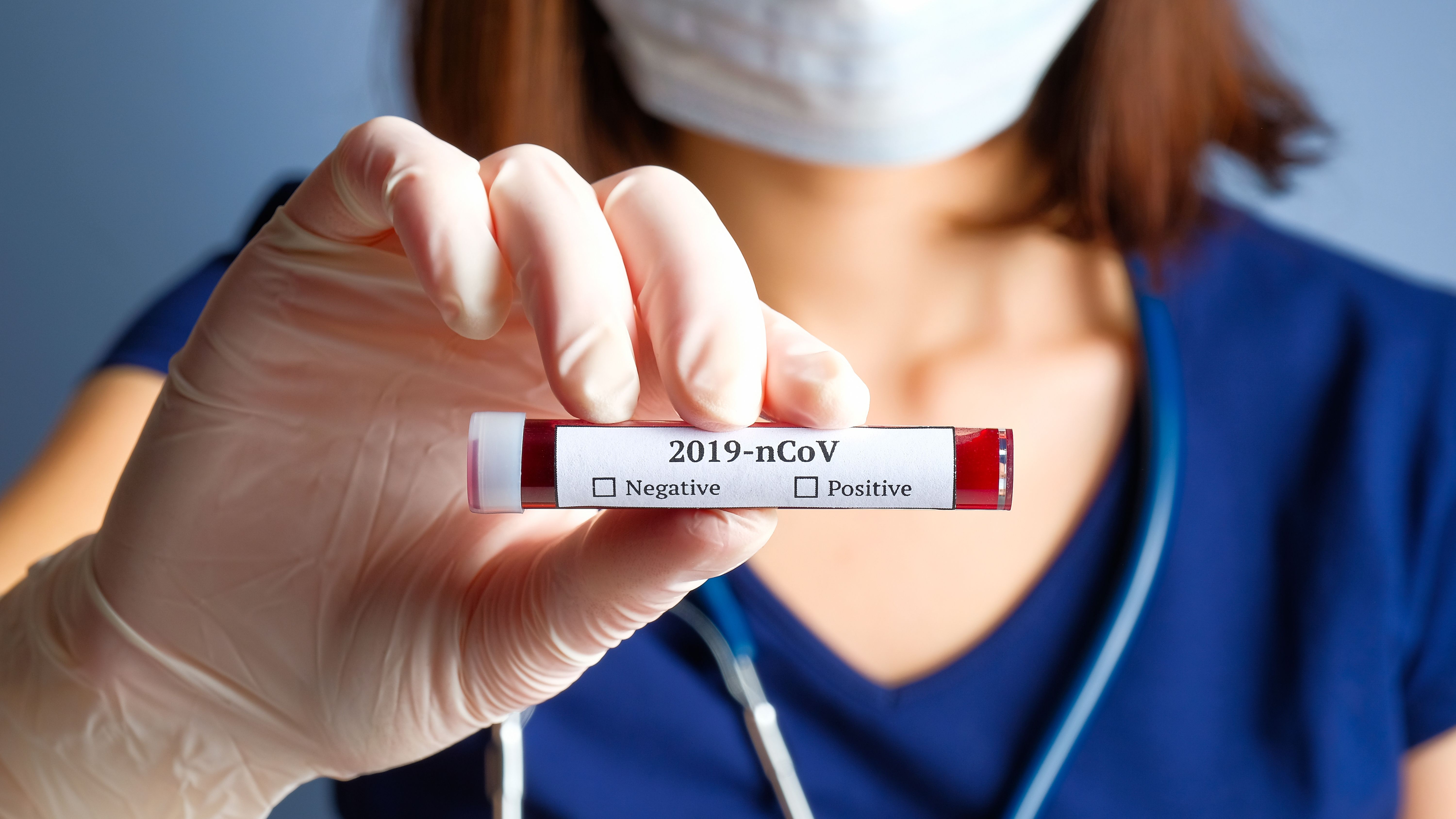- Clinical Technology
- Adult Immunization
- Hepatology
- Pediatric Immunization
- Screening
- Psychiatry
- Allergy
- Women's Health
- Cardiology
- Pediatrics
- Dermatology
- Endocrinology
- Pain Management
- Gastroenterology
- Infectious Disease
- Obesity Medicine
- Rheumatology
- Nephrology
- Neurology
- Pulmonology
First Human Test of a Potential COVID-19 Antibody Treatment Begins
Eli Lilly announced that the first patients have been dosed in a phase 1 study of a novel COVID-19 antibody treatment.
©photoguns/stock.adobe.com

Patients have been dosed in the world’s first study of a novel antibody treatment designed specifically to attack SARS-CoV-2, the virus that causes coronavirus disease 2019 (COVID-19), Eli Lilly announced on June 1, 2020.
Eli Lilly collaborated with AbCellera and the Vaccine Research Center at the National Institute of Allergy and Infectious Diseases (NIAID) to create the investigational medicine, referred to as LY-CoV555.
"We are committed to working with our industry partners to generate scientific evidence to meet the urgent need for treatments that reduce the severity of COVID-19 disease," said Mark Mulligan, MD, director of the Division of Infectious Diseases and Immunology, director of the Vaccine Center, NYU Langone Health, in the Eli Lilly press release. "Antibody treatments like the one being studied here hold promise to be effective medical countermeasures against this deadly infection.”
Antibody treatments like the one being studied here hold promise to be effective medical countermeasures against this deadly infection.
Researchers from AbCellera and NIAID identified the antibody from a blood sample from one of the first US patients who recovered from COVID-19. The first patients in the study were dosed at major medical centers in the US, including NYU Grossman School of Medicine and Cedars-Sinai in Los Angeles.
If Phase 1 results show the antibody can be safely administered, Eli Lilly plans to move forward into the next phase of testing, which will be studying LY-CoV555 in non-hospitalized COVID-19 patients.
Eli Lilly also intends to study LY-CoV555 in a preventative setting, focusing on vulnerable patient populations who historically are not optimal vaccine candidates.
"Later this month, we will review the results of this first human study and intend to initiate broader efficacy trials. At the same time as we are investigating safety and efficacy, we also are starting large-scale manufacturing of this potential therapy,” said Daniel Skovronsky, MD, PhD, chief scientific officer at Eli Lilly, in the same press release. “If LY-CoV555 becomes part of the near-term solution for COVID-19, we want to be ready to deliver it to patients as quickly as possible, with the goal of having several hundred thousand doses available by the end of the year.”
No Rx Required for COVID-19 Vaccination But ACIP Calls for Better Informed Consent Process
September 22nd 2025The ACIP on September 19 narrowly voted against requiring a prescription to get the shot but urged more detailed discussion of vaccine risks during shared decision making conversations.
